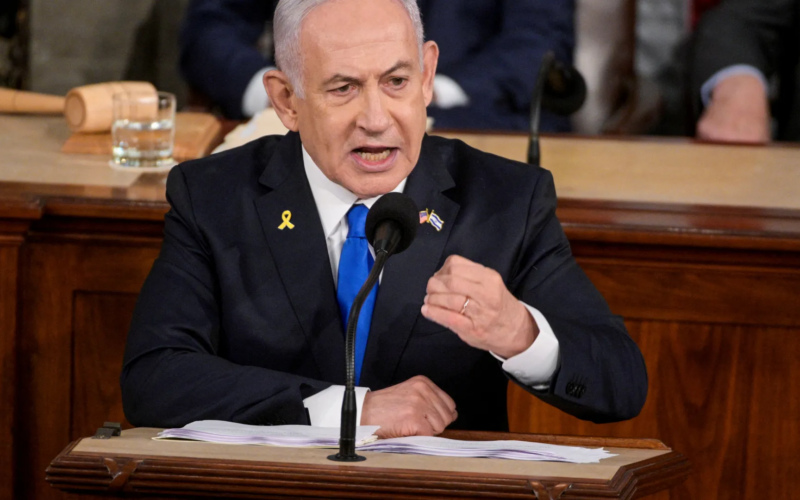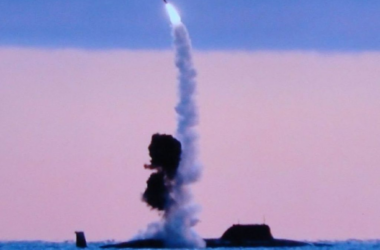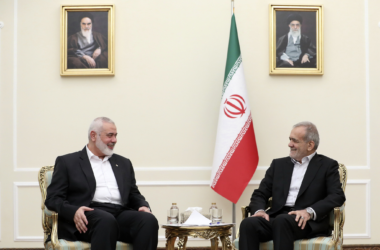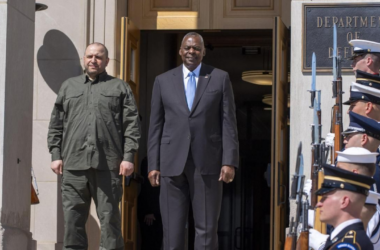Prime Minister Benjamin Netanyahu’s visit to Washington, intended to bolster waning support for Israel’s war in Gaza, has highlighted a stark contrast between the applause he received from U.S. lawmakers and the grim reality facing Israelis at home. Netanyahu’s speech in Congress came amid news that the Israeli military had recovered the bodies of several hostages from Gaza, underscoring the ongoing crisis.
In Washington, Netanyahu’s speech received repeated applause from U.S. lawmakers. However, in Israel, the disconnect between the celebratory atmosphere in Congress and the somber mood at home was evident. Hebrew-language newspapers like Yedioth Ahronoth visually captured this contrast by splitting their front pages between the portraits of recovered hostages and coverage of Netanyahu’s speech.
Netanyahu’s address focused on justifying Israel’s actions in Gaza as a fight for the survival of the Jewish state. He spoke of the “intensive efforts” to secure the release of the remaining 115 captives in Gaza but did not endorse the proposed cease-fire and hostage exchange deal suggested by President Biden.
Back in Israel, many are calling for a cease-fire to facilitate the hostages’ release. Critics accuse Netanyahu of prioritizing his political survival over resolving the hostage situation, with some far-right coalition partners threatening to withdraw support if a deal perceived as a surrender to Hamas is accepted. Commentators noted the gap between the optimistic tone in Congress and the widespread sense of government failure in Israel as the war drags on with no clear end in sight.
Netanyahu’s speech also faced criticism for what it omitted. While it echoed sentiments widely held in Israel, it made little mention of the tens of thousands of Palestinian civilians killed. Critics pointed out the contrast between Netanyahu’s rhetoric and the actions on the ground, with Ben-Dror Yemini of Yedioth Ahronoth describing the speech as lacking both disappointments and good news.
The Hostages Families Forum, advocating for the captives’ release, expressed a “crisis of trust,” accusing Netanyahu of obstructing negotiations. They claim that his delay tactics are sabotaging chances to bring the hostages home.
During his speech, Netanyahu expressed gratitude to both President Biden and former President Trump, walking a careful line to acknowledge bipartisan support. He also rejected accusations that Israel was starving Gazans, citing the aid allowed into Gaza, and denied responsibility for the heavy civilian casualties, attributing them to Hamas’s tactics.
Netanyahu highlighted the diversity within the Israeli military and outlined a vague vision of a demilitarized and de-radicalized Gaza, drawing parallels with post-World War II efforts in Germany and Japan. He emphasized the threat posed by Iran, framing Israel’s conflict as part of a broader struggle against radical Islam targeting the United States.
As Netanyahu prepares for further meetings in Washington, the contrast between his reception abroad and the reality at home remains a significant point of contention among Israelis.








